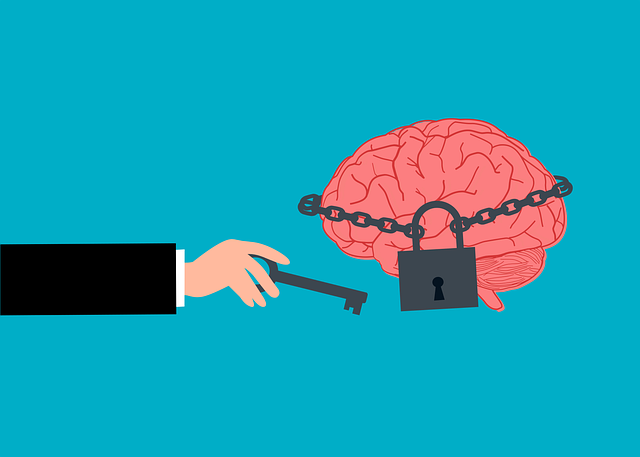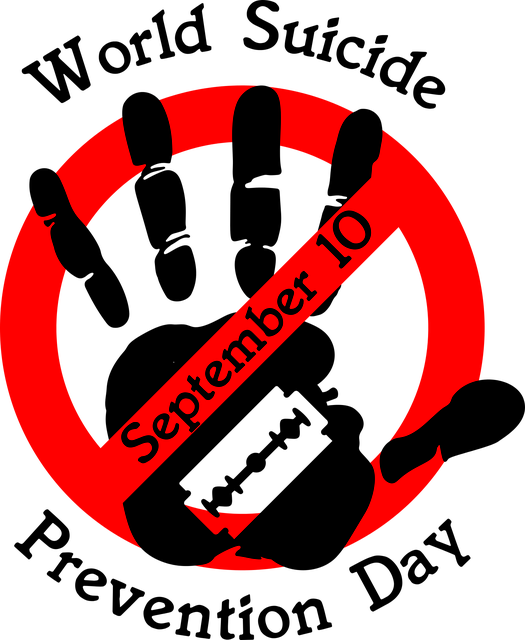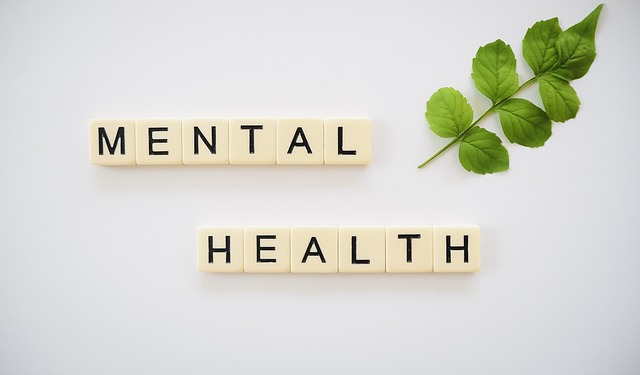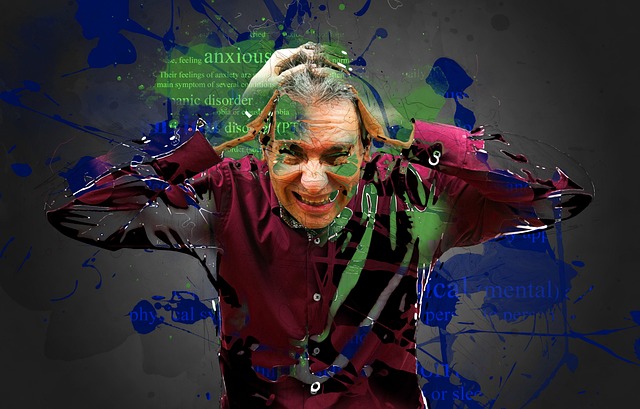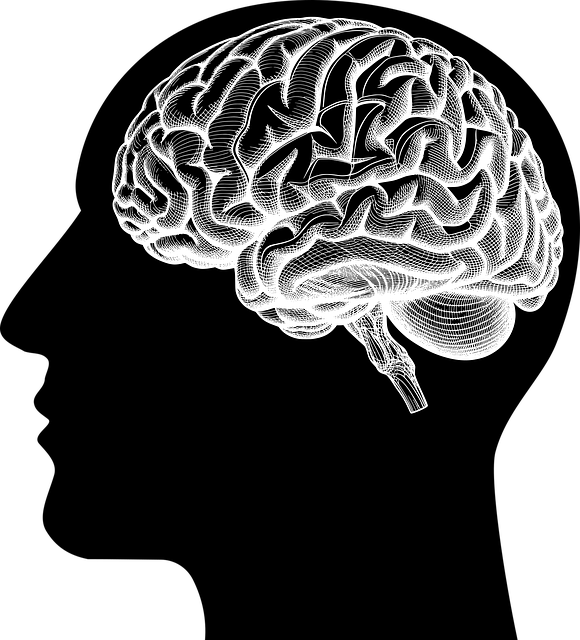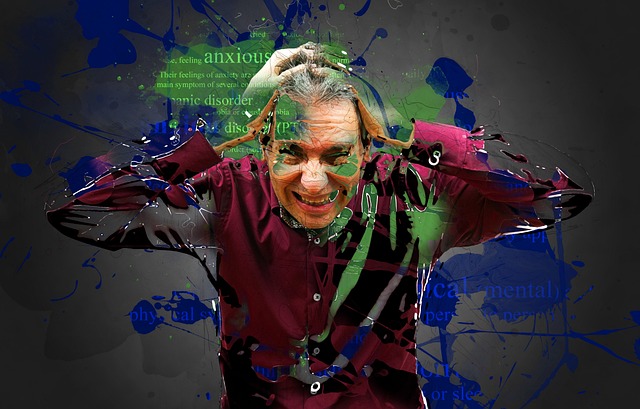Burnout among healthcare providers in high-pressure settings is a growing concern, impacting both individual well-being and patient care. Lone Tree EMDR Certified Therapy offers a transformative approach, focusing on early recognition of burnout signs, stress management through Mind Over Matter principles, and trauma support services. By integrating open communication, EMDR therapy, Stress Management Workshops, and structured Risk Management Planning, this therapy fosters a supportive work environment crucial for mental health and professional fulfillment, enabling healthcare providers to thrive.
Healthcare provider burnout is a growing concern, impacting not only individuals but also patient care. This article explores effective prevention strategies to combat this rising issue. We delve into understanding burnout among healthcare providers, highlighting its causes and effects. Exploring innovative approaches like Eye Movement Desensitization and Reprocessing (EMDR) Certified Therapy, we discuss how it can empower professionals. Additionally, creating supportive work environments and adopting self-care practices are vital for long-term sustainability, ensuring healthcare providers thrive in their crucial roles.
- Understanding Burnout Among Healthcare Providers
- The Role of EMDR Therapy in Prevention
- Creating a Supportive Work Environment
- Self-Care Practices for Long-Term Sustainability
Understanding Burnout Among Healthcare Providers

Burnout among healthcare providers is a growing concern, impacting both individual well-being and patient care quality. It’s more than just feeling stressed; it’s a state characterized by emotional exhaustion, depersonalization, and reduced personal accomplishment. This phenomenon is particularly prevalent in high-pressure settings like hospitals, where staff constantly juggle demanding patient needs with limited resources. Lone Tree EMDR Certified Therapy highlights the importance of recognizing these signs early to prevent escalation.
Effective burnout prevention strategies involve a multi-faceted approach. Communication strategies play a pivotal role; open dialogue encourages staff to express concerns and fosters a supportive environment. Mind Over Matter principles, focusing on reframing negative thoughts and cultivating resilience, empower providers to manage stress effectively. Empathy building strategies, such as active listening and compassionate care, not only enhance patient satisfaction but also strengthen the emotional connections that can buffer against burnout.
The Role of EMDR Therapy in Prevention

EMDR (Eye Movement Desensitization and Reprocessing) Therapy has emerged as a powerful tool in burnout prevention for healthcare providers. This approach focuses on helping professionals process traumatic memories and emotions, reducing the impact of stressful events they may have witnessed or experienced while providing care. Lone Tree EMDR Certified Therapists employ specific eye movement patterns to facilitate the brain’s natural healing process, allowing individuals to work through deeply distressing memories and beliefs associated with their work.
By integrating EMDR into their self-care routines, healthcare providers can enhance emotional resilience, improve coping mechanisms, and mitigate the risks of burnout. This therapy also encourages the development of healthy communication strategies within medical teams, fostering a supportive environment that is essential for mental health professionals to thrive in their roles. Additionally, participation in Stress Management Workshops and well-structured Risk Management Planning for Mental Health Professionals can further strengthen these positive interventions.
Creating a Supportive Work Environment

Creating a supportive work environment is an essential component of preventing burnout among healthcare providers, especially in high-pressure settings like Lone Tree EMDR Certified Therapy practices. A positive and nurturing atmosphere can significantly impact the well-being and resilience of therapists and counselors. This involves fostering open communication where professionals feel comfortable discussing challenges and seeking help without fear of judgment.
Implementing Trauma Support Services and integrating Emotional Healing Processes into the workplace routine can create a culture that prioritizes mental health. Additionally, effective Risk Management Planning for Mental Health Professionals is crucial to ensuring staff members have access to resources and tools to manage stress, anxiety, and potential traumatic experiences they may encounter during their work. These strategies collectively contribute to creating a safe and supportive network, enabling healthcare providers to thrive in their careers.
Self-Care Practices for Long-Term Sustainability

In the high-pressure world of healthcare, burnout is a persistent concern for providers. To combat this, fostering self-care practices is paramount for long-term sustainability. Healthcare professionals often put patients’ needs first, neglecting their own well-being in the process. This can lead to physical and mental exhaustion, reduced empathy, and decreased job satisfaction. Therefore, integrating self-care routines into daily life becomes a crucial strategy for prevention.
Certified EMDR therapy, for instance, is an innovative approach that can aid in managing stress and trauma. This method, coupled with improved communication strategies and work-life balance practices, can significantly boost confidence and self-esteem. By prioritizing personal well-being, healthcare providers can better tend to their patients’ needs, enhancing the overall quality of patient care.
Healthcare provider burnout is a pressing issue, but through comprehensive strategies like EMDR therapy, supportive work environments, and self-care practices, it can be effectively prevented. Integrating evidence-based approaches, such as Lone Tree EMDR certified therapy, offers healthcare professionals tools to manage stress, enhance resilience, and sustain long-term well-being. By fostering a culture of support and encouraging self-care, the healthcare industry can ensure its providers remain dedicated, compassionate, and effective in delivering quality patient care.



